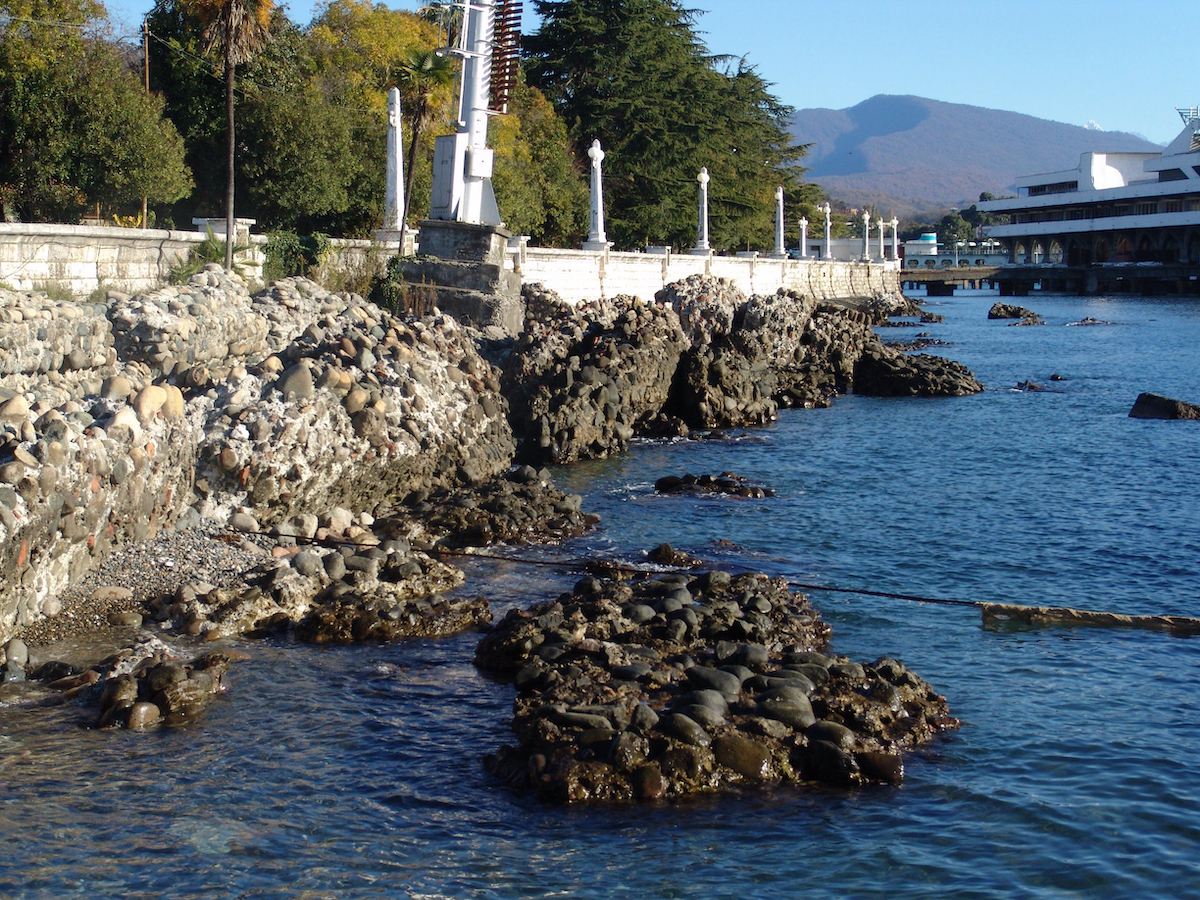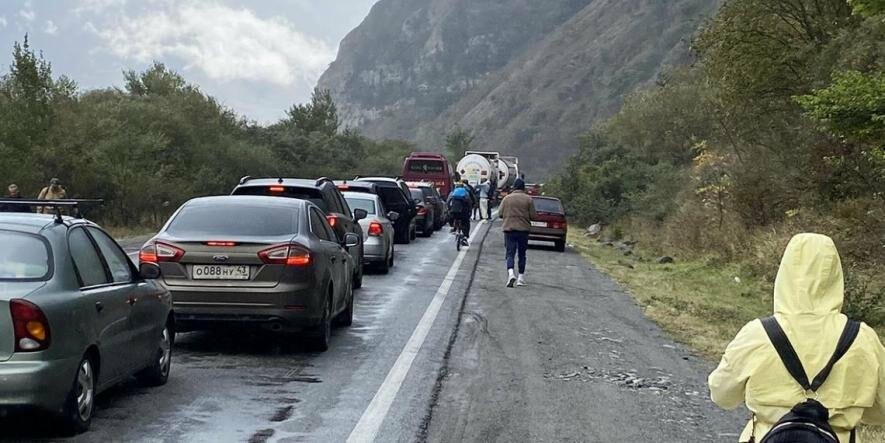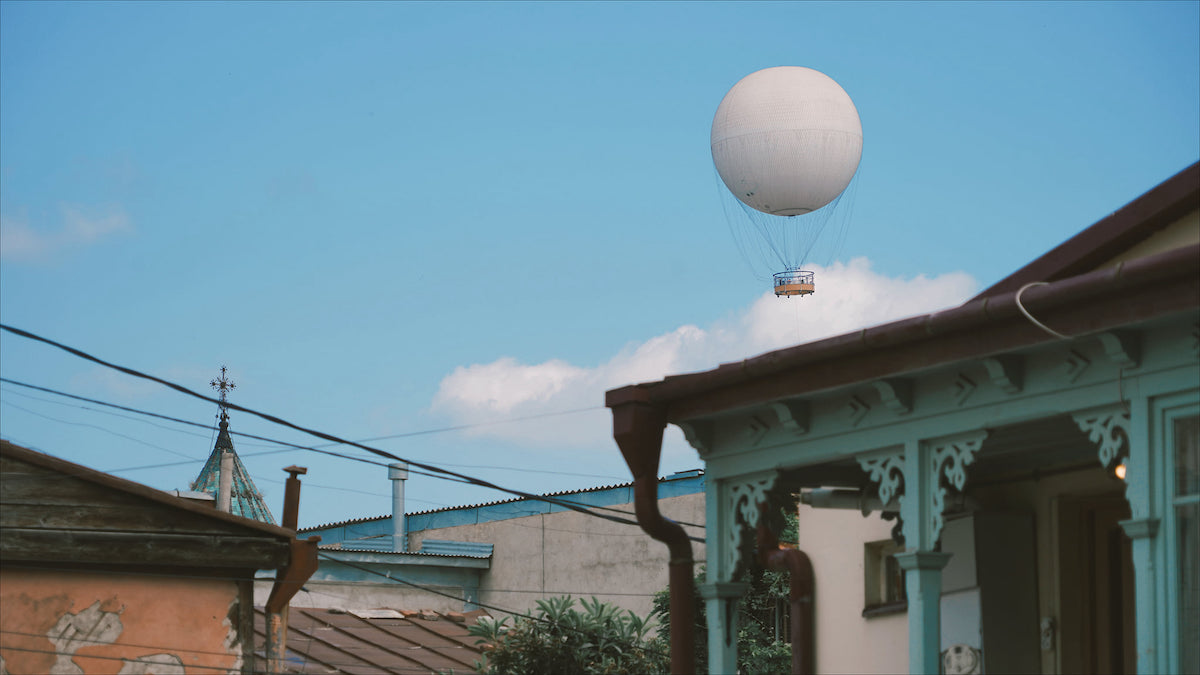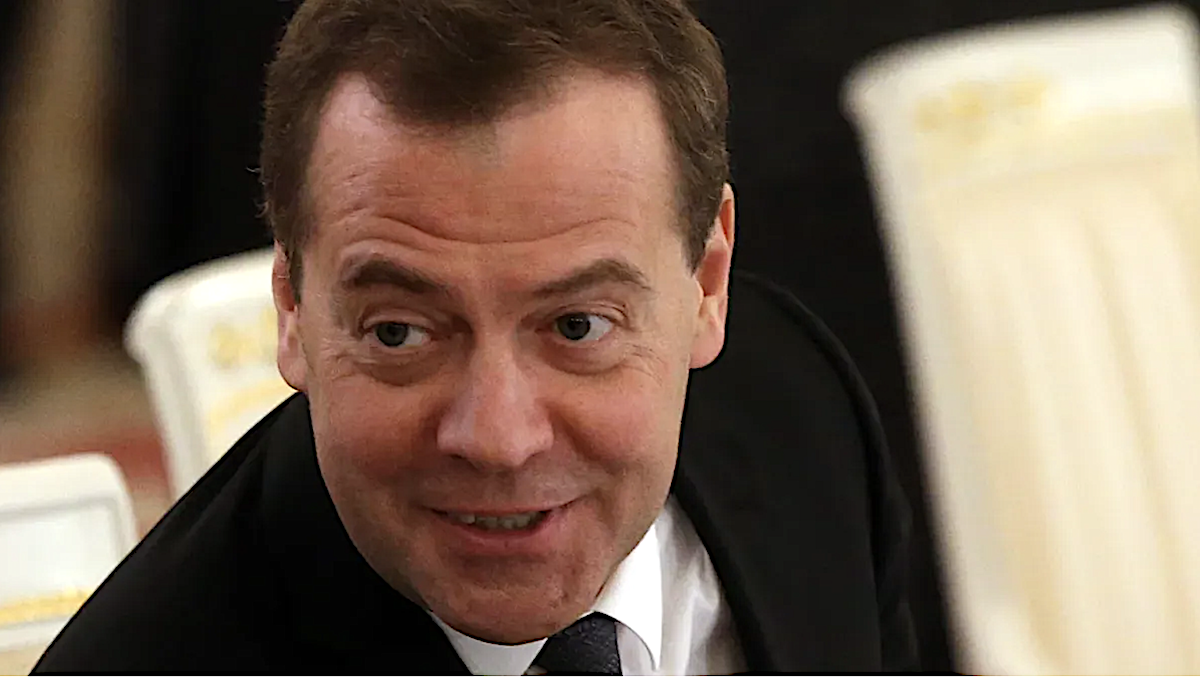“For Lukashenka it was a sad trip” - Georgian experts on his visit to Abkhazia
What does Lukashenka’s visit to Abkhazia mean?
The visit of Belarusian President Alexander Lukashenko to Abkhazia on September 28 elicited protest from official Tbilisi. The President of Georgia, the Prime Minister, the Chairman of the Parliament, and various ministers made statements in various forms.
JAMnews invited Georgian analysts to evaluate his visit.
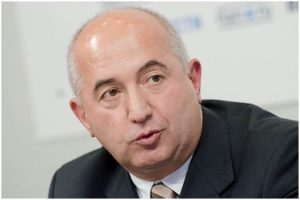
Paata Zakareishvili, conflictologist
The threat that Belarus might recognize Abkhazia has always existed. But I still don’t understand why this visit was necessary. Syria and Venezuela have recognized Abkhazia, but no one from Damascus or Caracas has gone there.
His visit has a different function, especially since he did not come to Sukhumi and not officially, but to the estate in Pitsunda and unofficially.
And although this is not the dacha that Russia wants to take away from Abkhazia, the choice of location still matters. Most of the population of Abkhazia, including politicians, oppose the transfer of a significant part of the Pitsunda estate to the Russian government.
What does Lukashenka’s visit to Abkhazia mean?
In October a meeting of the de facto parliament is to be held in Abkhazia, which is supposed to ratify the agreement and transfer this property to Russia.
I think the estate is why Lukashenka came to Abkhazia.
Putin, at a meeting with Lukashenko in Sochi, may have asked or forced him to go and talk to the Abkhaz. And his message to the people of Abkhazia sounds something like this:
“Think carefully. I, the President of Belarus, am ready to recognize the independence of Abkhazia, but first you need to give the estate in Pitsunda to Putin.”
I am sure that for Lukashenko it was a sad trip and not his best move. If he had not been forced, he probably would not have gone.
There is another important point. The Georgian government is pro-Russian. And Russia is doing its best not to harm the Georgian Dream party.
If Belarus recognizes the independence of Abkhazia after the transfer of territory in Pitsunda, Russia may have problems in Georgia. That is why Lukashenko is very vague about possible recognition and has not promised anything.
As for the reaction of the Georgian government, it was more adequate than I expected. Harsh statements were made against Belarus.
But in relation to Russia the government is generally silent. I think that this strictness towards Belarus has a certain theatrical meaning. It is clear that the Georgian government has gotten some message from Russia.
There is probably some promise from Moscow that Belarus will never actually recognize the independence of Abkhazia.
The Georgian authorities are using the situation to tell the population: you see what serious politicians we are. We have achieved their retreat.
So I would say that this noisy Georgian Dream reaction to Lukashenko’s visit to Abkhazia has a pro-Russian connotation.
What does Lukashenka’s visit to Abkhazia mean?
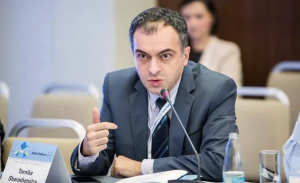
Tornike Sharashenidze, Doctor of International Relations, GIPA Professor:
This visit is alarming, but still one gets the impression that Lukashenko will try not to take steps towards recognizing the independence of Abkhazia.
In fact, it does not depend on him; he will be forced to fulfill Putin’s plans. In the Russian war in Ukraine, he ended up on the side of Putin. Lukashenko will not cross the red line there and is not directly participating in hostilities, but is still perceived as a leader standing on the wrong side of history.
But if we consider the content of his speech, I mean his conversation with Bzhaniya [President of Abkhazia], you can see that it was quite moderate and balanced.
He mentioned Georgia in a positive way, did not say a word about recognition, and only said that people in Abkhazia should live with dignity.
Lukashenko is a smart politician and clearly does not want to follow Putin to the grave. He will only go after Putin if he sees that he is winning the war. And so far he isn’t.
Putin, of course, wants Minsk to agree to join the new union state as soon as possible.
Putin wants to create something like the Soviet Union, in which he wants to include Belarus, Armenia and Kyrgyzstan. And he wants to drag Abkhazia with him.
Lukashenko is maneuvering. For him, a bigger union state will mean that his country will finally lose its independence and be equated in status with Abkhazia.
If Lukashenko decides to recognize Abkhazia, Tbilisi will not be able to stop him in any way. What leverage do we have? Unless to say that “his behavior will cost him dearly.”
The reaction of the authorities was adequate, moderate, and more is not needed. You can always break off diplomatic relations later. If Lukashenko is only playing for time, we should give him a chance.
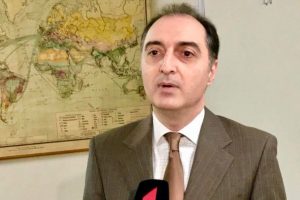
Giorgi Badridze, Senior Research Fellow, GFSIS:
This visit shows that the policy of neutrality towards Russia has only one result: it alienates Georgia from its real allies.
Russia will not be grateful for a loyal attitude. It will take it for granted, and when the opportunity arises, it will do everything to further harm our sovereignty.
The policy of not provoking Russia is counterproductive.
And there is no need to say anything about Lukashenko. He completely cut off all possibility of detante with the West after he rigged the elections and retained power by force. Now his dependence on Russia is total, and his actions are completely controlled by Russia.
From the point of view of international law, he inflicted a very gross insult to Georgia and encroached on its sovereignty. Lukashenki should receive a clear message that if Abkhazia is recognized, diplomatic relations with Belarus will be severed.
What does Lukashenka’s visit to Abkhazia mean?











